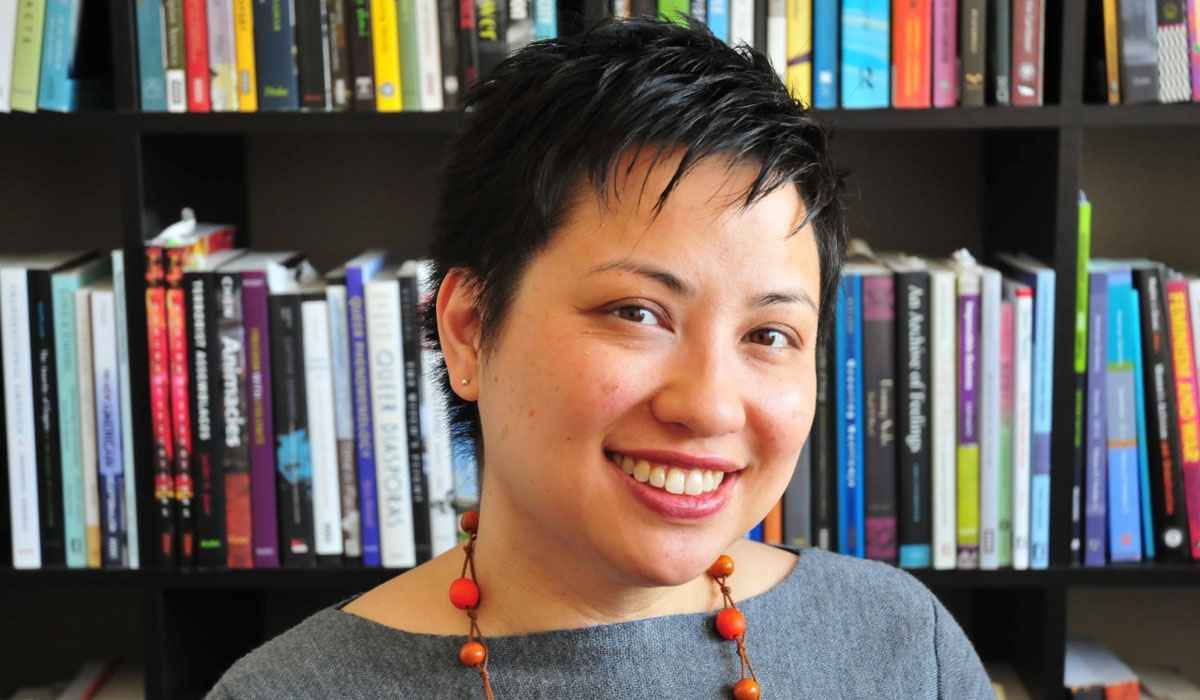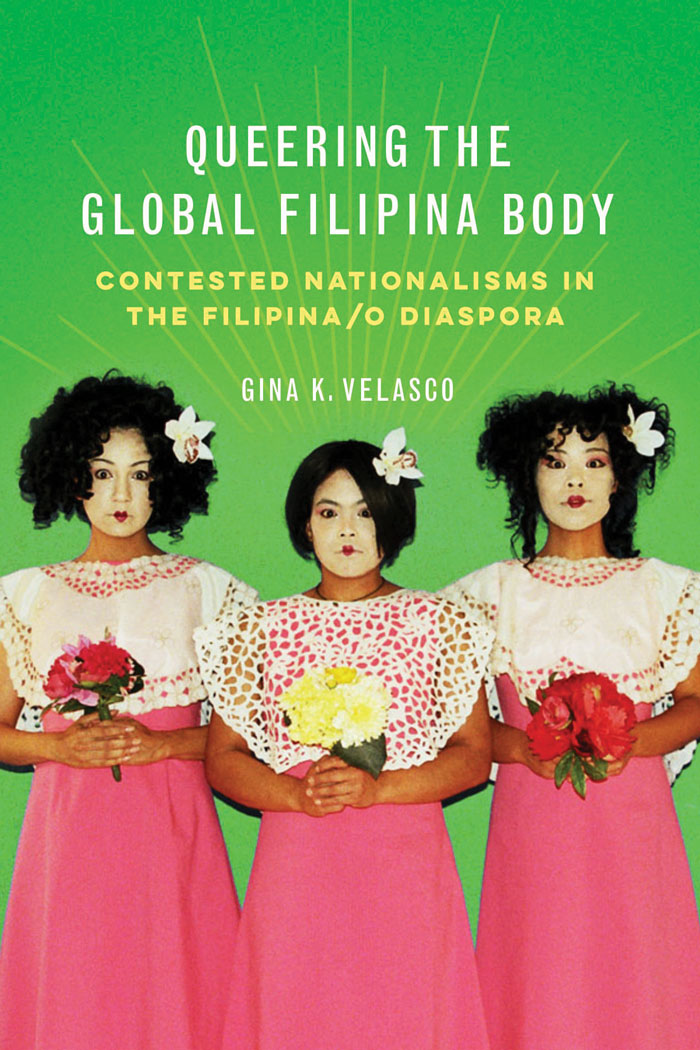
In her new book, Queering the Global Filipina Body: Contested Nationalisms in the Filipina/o Diaspora, Gina Velasco, assistant professor of women, gender, and sexuality studies, brings to light the Asian-American—specifically Filipino-American—experience.
“My book looks at a figure I call the Global Filipina Body—or Filipinas who are doing transnational labor. The Philippine economy relies on labor migration and folks working abroad. These workers are not always women, but the labor is normally gendered, including occupations like nursing, caregiving, domestic help, and sex work,” explained Velasco.
“There's a dispersed community, or diaspora, of Filipinos throughout the world. This labor migration, as well as the history of the United States invading and colonizing the Philippines at the turn of the century, led to a significant population of Filipinos in the US. I focus on the Global Filipina Body through the lens of popular Filipino-American culture.”

While Velasco’s research was based on her dissertation at the University of California at Santa Cruz, the process of reworking the project into a book took years.
“I first found an academic press that was interested in my work, then I collaborated with editors and anonymous reviewers to revise the draft until it was ready for publication. It takes about a year to go through the production process. I submitted the final draft in November 2019, and the book was published in November 2020.”
She continued, “This publication means a lot to me because I worked on it for so long. The book also gives me the opportunity to talk to different audiences about how Asian migration, particularly labor migration, has shaped stereotypes, as well as contributed to racialized violence today.
“I’ve already agreed to give talks at a couple of universities across the country next academic year and that’s exciting to have the chance to engage with different folks and have broader conversations about these topics.”
Velasco concluded, “I hope that when people look at the murders and anti-Asian violence happening in the world today, they understand that what we see are not isolated events or the results of individual mental health issues. They are actually part of our history of imperialism and the way that labor migration works under global capitalism.”
Learn more about studying women, gender, and sexuality studies at Gettysburg College.
By: Delaney Adams ’21
Photos courtesy of Gina Velasco
Posted: 04/21/21